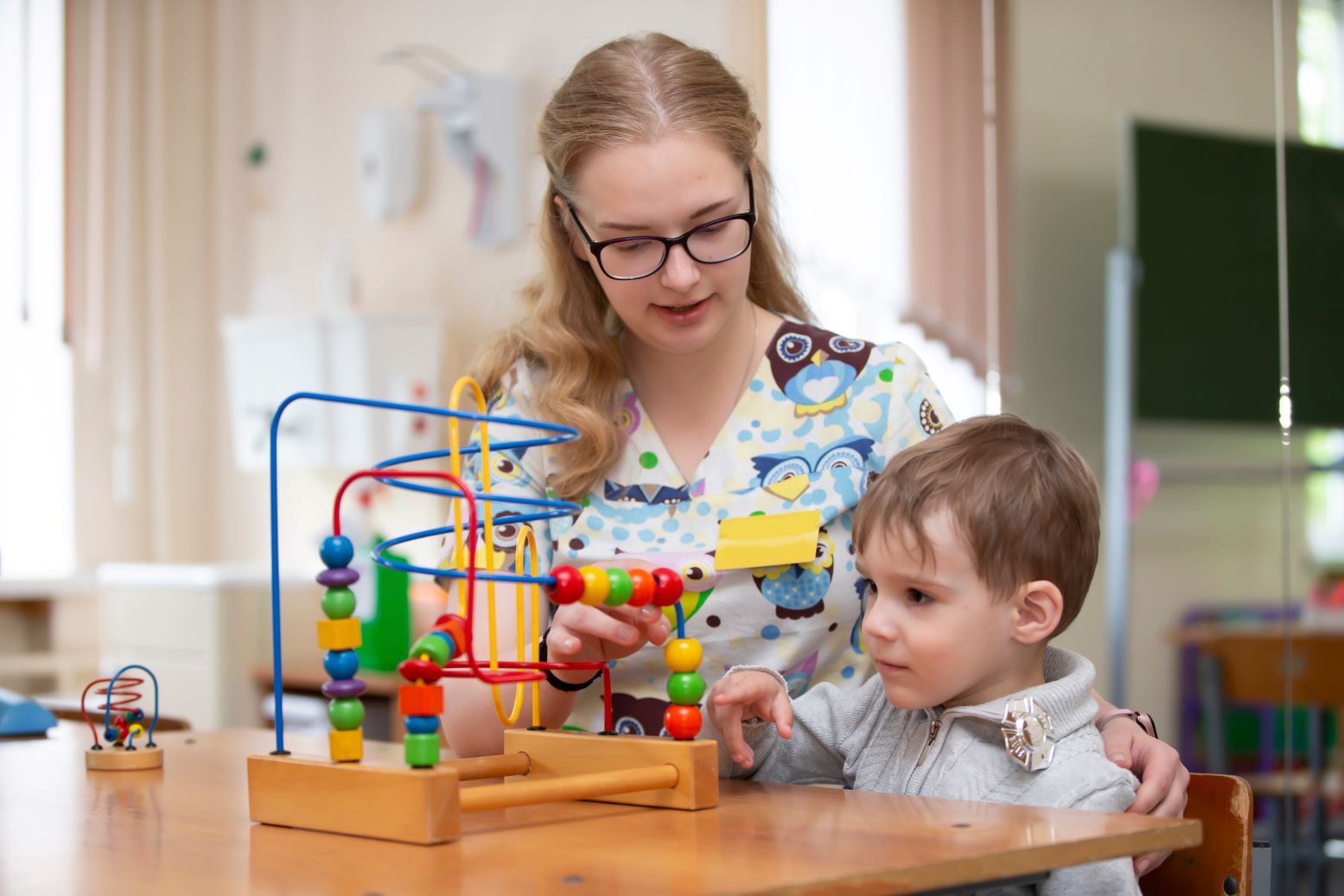
How Play-Based Therapies Can Aid Child Development
Most of us know that child development is a critical phase that lays the groundwork for our child’s future success. Nurturing cognitive, emotional, and social growth during these early years can have a lasting impact on their ability to flourish in life.
From mastering problem-solving skills to building emotional intelligence, every interaction a child has contributes to their overall development. That’s why it’s essential to adopt strategies that support healthy growth from the start.
One highly effective method is play-based therapy, which utilizes structured play to promote development across various areas. Read on to learn more about the key aspects of child development that are positively influenced by play-based therapies.
Emotional Expression
Emotional development is crucial, as it forms the basis for future relationships and personal well-being. Play-based therapies offer a safe environment for children to express emotions they might not otherwise understand or verbalize. Through play, a child can simulate scenarios and release feelings such as frustration, happiness, or fear.
Toys, games, and role-playing provide non-threatening ways for children to process their emotions, making it easier for them to understand what they feel. Additionally, applied behavior analysis (ABA) treatment can be integrated into play-based therapies to target emotional expression in autistic children, aiding in emotional growth.
Communication Skills
Communication is not just about speaking; it’s about understanding and being understood. Play-based therapies help children, particularly those who struggle with speech or language, develop these vital skills.
Through interactive games and activities, children learn to follow instructions, express their needs, and engage with others. For example, activities like storytelling or puppet play can help a child practice using words and gestures, promoting language development.
In settings like ABA centers for early intervention, play is often integrated to support children with communication challenges, helping them build social skills and understand daily living skills.
Social Interaction
One of the key benefits of play-based therapy is its ability to improve a child’s social interactions. Children learn important social cues, such as turn-taking, sharing, and empathy, through group play.
These interactions teach them how to communicate effectively with peers and adults, which is essential as they grow and enter school settings. Whether in a sandbox, board game, or cooperative activity, playing offers children the opportunity to practice these crucial skills in a natural and enjoyable way.
For children facing challenges with socialization, ABA therapy sessions are specifically tailored to foster the development of social skills, particularly in children with autism spectrum disorder and other developmental disorders.
Cognitive Development
Play-based therapies are instrumental in developing cognitive functions such as memory, attention, and learning. Puzzles, matching games, and activities that involve sorting or classifying objects challenge a child’s brain and promote higher-level thinking.

These activities create opportunities for children to focus, make connections, and improve their concentration. As their cognitive skills improve, children are better prepared for formal learning environments, where focus and retention of information are essential.
Physical Development
Physical play is an essential component of child development, promoting motor skills, coordination, and overall health. Play-based therapies often include activities that encourage physical movement, whether it’s climbing, running, or manipulating small objects.
These exercises are designed to improve both gross motor skills (large muscle movements) and fine motor skills (small movements, like holding a pencil). Additionally, these therapies are highly effective in developing daily living skills for children with developmental disabilities.
Creativity
Imaginative play is a core element of many play-based therapies. It encourages children to use their creativity and imagination, which is not only fun but also essential for cognitive development.
Through activities like drawing, building, or pretend play, children are given the freedom to create their own worlds. ABA therapists often encourage creative play to aid in skill acquisition while addressing unwanted behavior through operant conditioning techniques.
This process helps to develop both creativity and critical thinking as children learn to generate new ideas, solve problems, and make connections between concepts. Moreover, creativity in childhood has also been linked to greater innovation and problem-solving abilities in adulthood.
Self-Esteem and Confidence
One of the most significant outcomes of play-based therapy is the boost it gives to a child’s self-esteem. As children engage in play and accomplish tasks, they experience a sense of achievement. This success fosters confidence and encourages them to take on new challenges.
Positive reinforcement from therapists or caregivers during play also helps children understand their capabilities, which builds their self-worth. A strong sense of self-esteem is critical for future success, as it influences how children approach learning, relationships, and challenges.
Independence and Self-Regulation
One often-overlooked benefit of play-based therapy is how it promotes independence and self-regulation. Children are encouraged to make decisions during play, whether it’s choosing what game to play or solving a challenge on their own. This empowers them to take control of situations, practice decision-making, and regulate their emotions when things don’t go as expected.
Developing self-regulation through play helps children manage their impulses, frustrations, and emotions in a healthy way, skills they will carry into adulthood. Board-certified behavior analysts (BCBAs) frequently oversee these interventions, helping children develop independence.
Play-based therapies offer a dynamic and effective approach to child development. By fostering emotional expression, enhancing communication, promoting social skills, strengthening problem-solving abilities, and supporting cognitive growth, play serves as a valuable tool in helping children reach their full potential.
Whether focusing on physical development, creativity, or building confidence, play-based therapies provide children with the building blocks they need to thrive.
Welcome to my blog! I am an activity mom of three and I have over 15 years of experience crafting, writing, designing and creating. My mission is to bring fun, balance and learning to your busy homes with activities, tips, inspiration, and organization!






